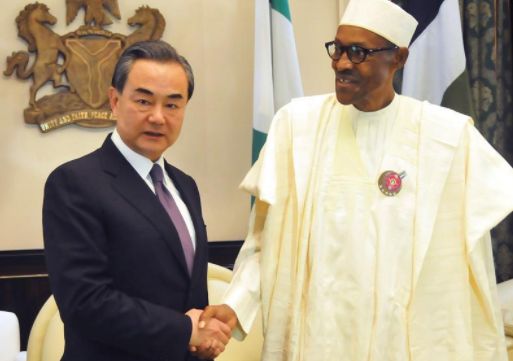biggest car market, plans to ban the production and sale of diesel and petrol
vehicles, further threatening the future profitability of oil — Nigeria’s major
revenue source.
The development comes 2 months after UK, like Germany,
France, India, Norway and Netherlands, revealed plans to ban fuel-run cars, as
part of efforts to reduce air pollution.
The ban will lead to a reduction of oil demand in China,
as the country is currently the world’s second-largest oil consumer after the
US.
China wants electric battery cars and
plug-in hybrids to account for at least one-fifth of its vehicle sales by
2025.
Xin Guobin, China’s vice industry minister, said it had started
“relevant research” but that it had not yet decided when the ban would come into
force, BBC reports.
“Those measures will certainly bring profound changes
for our car industry’s development,” Guobin told Xinhua, China’s official news
agency.
China made 28 million cars last year, almost a third of the
world’s total production.
Chinese-owned carmaker Volvo said in July that
all its new car models would have an electric motor from 2019.
Geely,
Volvo’s Chinese owner, aims to sell one million electric cars by
2025.
Other global car firms including Renault-Nissan, Ford, and General
Motors are all working to develop electric cars in China.





